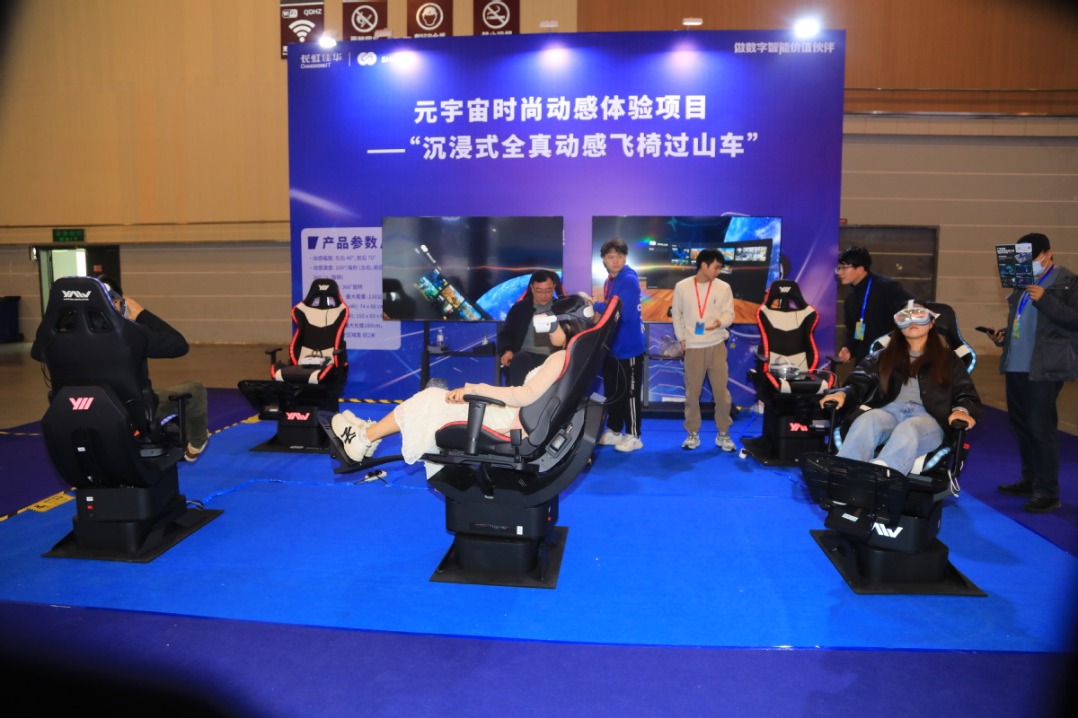Smarter working means there is never a time to switch off

 |
| Lin Zhi looks out over the brightly lit downtown of Beijing, from the window of his rental room, on April 25, 2017. [Photo/VCG] |
AN ONLINE ARTICLE titled "Here in Beijing 20 million people are pretending to live a life" went viral over the weekend, largely thanks to its main argument that most Beijing residents are so busy at work that they do not have the luxury of a life outside work. Ifeng.com commented on Monday:
The lives the post depicts are hardly new to urban residents and do not mean Beijing's 20 million residents are living only to work. They are, in fact, trying to live a life that has never been lived before. Traditionally there was always a distinction between working and not working. But the cost of living is high in metropolises such as Beijing and Shanghai and people are working more to pay for their lifestyles.
They have to work extra hours to pay the loans for the houses they have bought, they also have to send their children to training classes at the weekend so that their kids may not fall behind their peers. Some may have to spare some of their leisure hours for maintaining the necessary social connections.
As a result, it is only natural that some residents in these metropolises tend to discuss work during social activities. They should not be blamed for talking about work during a dinner with friends, because it is simply not possible to disconnect from work in today's digital age.
The loss of living space and the lack of time for staying with loved ones is happening and will continue. But one is never truly alone when one can chat with friends via instant messaging apps such as WeChat. This does not strip people of time in which to live; it instead serves as a new way of living, one that breaks the old boundaries separating life and work.
































